Copyright 2012 by Jeremy Seal
This electronic edition published in June 2012
Cartography by Jane Randfield
All rights reserved. No part of this book may be used or reproduced in any manner whatsoever without written permission from the publisher except in the case of brief quotations embodied in critical articles or reviews. For information address Bloomsbury USA, 175 Fifth Avenue, New York, New York 10010.
Published by Bloomsbury USA, New York
LIBRARY OF CONGRESS CATALOGING-IN-PUBLICATION DATA HAS BEEN APPLIED FOR .
ISBN: 978-1-60819-436-0 (e-book)
First published in Great Britain by Chatto & Windus in 2012
First U.S. Edition 2012
www.bloomsburyusa.com
To Nick Morris

Contents
*
The Turkish script, introduced by Mustafa Kemal Atatrk, is based on the Latin model but uses a range of diacritics, including the cedilla and umlaut, to establish phonetic rules for the pronunciation of characters. It also assigns unfamiliar pronunciations to some characters; those that native English speakers tend to find most confusing are given below.
The Turkish c is pronounced j as in journalism
as ch as in church
 as sh as in shower
as sh as in shower
 is silent but denotes a lengthening of the preceding vowel
is silent but denotes a lengthening of the preceding vowel
is the flat schwa sound, as in shower, whereas the dotted i is pronounced as in ink
and are both hard to render but indicate characteristically Turkish modifications of the vowel sound; they are more commonly used in Turkish than the plain forms of these vowels
The Meander River is often given in Turkish as the Byk Menderes, or the Great Meander, to distinguish it from at least two lesser Turkish rivers of the same name.
I would have gone down the Meander years ago if Id known it existed.
All through my travels in the country I described for a living, however, I had never dared to imagine that this alluring proposition might lie within conventional reach; the original winding river appeared so entwined in the remote past of Anatolia, or Asiatic Turkey, as to have forfeited any geographical place in the present. The Meander was no more accessible than the mythical Styx or the mislaid Rubicon, or so I supposed until the day I came across it.

A few years ago I was travelling in a dolmu , one of the public minibuses that serve Turkeys thousands of villages, when a series of slowing jolts roused me from my back-seat reverie. Glancing beyond the window to the iron parapet of a reed-fringed bridge, I happened to spy a blue sign bearing the name of the river Menderes that we were crossing. In that instant, and no doubt thanks to some random connection triggered by my wandering thoughts, I saw at last through the Turkish rendering, and wondered that a disguise so thin could have held for so long; the Meander still ran, as it had always done, and now ran directly beneath me. It was then I realised how much more there was to know about Turkey, and what I would do about it; by the time the dolmu
, one of the public minibuses that serve Turkeys thousands of villages, when a series of slowing jolts roused me from my back-seat reverie. Glancing beyond the window to the iron parapet of a reed-fringed bridge, I happened to spy a blue sign bearing the name of the river Menderes that we were crossing. In that instant, and no doubt thanks to some random connection triggered by my wandering thoughts, I saw at last through the Turkish rendering, and wondered that a disguise so thin could have held for so long; the Meander still ran, as it had always done, and now ran directly beneath me. It was then I realised how much more there was to know about Turkey, and what I would do about it; by the time the dolmu cleared the bridge I had resolved to follow this singular rivers every last winding to the sea.
cleared the bridge I had resolved to follow this singular rivers every last winding to the sea.
Windings being, of course, what I was to expect from the Meander. The rivers course from Anatolias plateau interior to the Aegean it showed on the map as a longitudinal squiggle, which roughly bisected the westernmost reaches of this vast and roughly rectangular land was so sinuous that the Meander had established its byword reputation even before the first historians went to work; the earliest of them all, Herodotus, chose as his default simile the river that reached the sea just forty miles north of his home city, now Turkeys foremost tourist mecca of Bodrum, to describe a .
The river compelled me, of course, not only because it ran through the land whose holiday attractions had long been my subject, but because its very name embodied such resonant associations. Those associations had been actively evolving since the time of Christ when the great geographer Strabo, another Anatolian writer, was to describe the Meander as , variously deploying that distant rivers name to describe everything from the intricacies of legal process to those of the serpentine gut, from delirium or the mental effects of strong drink to the devious nature of oily eloquence. By the nineteenth century its innate lack of direction especially commended the word to writers of, for example, reports on shiftless Victorian schoolboys.
In all the words current associations it was this pejorative sense that predominated. To judge by meanderthal, a modern colloquialism that busy individuals favoured to describe dozy types given to wandering around, getting in the way in shops, or to dithering behind the wheel in streams of traffic, there was something contemptible about meandering. The dismissive coinage spoke of a sensibility, of nineteenth-century schoolmasters and metropolitan yuppies alike, which despised deviation, believing that progress was properly measured in straight lines.
Others had sensed something far more appealing, however, in the rivers name. It was evidence of the words innate elasticity that Ovid, a near contemporary of Strabo, should instead have been so patently in thrall to what he described as the loose straying of . On this one I was firmly with the Roman lyric poet; to me, the word encapsulated the freewheeling, romantic spirit that was the essence of true travelling.
The fitting thing, then, would have been to go to the river and go aimless when I got there aimlessness being a productive virtue I had mislaid and thought to rediscover on the Meander. Except that I knew enough about rivers, and Turkey, to know that simply turning up, directionless as the river I meant to follow, was not wise; I had a family, after all, and was not about to cast myself adrift and unaccompanied upon a river before learning all I could about the hazards and challenges I might be letting myself in for. At the computer and in the library I therefore set about familiarising myself with the Meander.
The basic geography was relatively simple. The regional maps, though they were poor, at least revealed that the river rose somewhere near a hinterland town called Dinar and drained into the Aegean between the resort towns of Ku adas and Didim. Along the way it looped and strayed for some 500 kilometres, in the process losing 1,000 metres, or a single kilometre, of elevation, which is to say that the rivers average gradient at least appeared reassuringly gentle.
adas and Didim. Along the way it looped and strayed for some 500 kilometres, in the process losing 1,000 metres, or a single kilometre, of elevation, which is to say that the rivers average gradient at least appeared reassuringly gentle.
Not that my researches threw up much else, however, in the way of bringing me to expeditionary readiness. They instead confirmed such colourful details as that the Meander Valley was famously fertile from the substantial silts carried down by the river, and quite as rich in historical figures as it was in fruit and vegetables; an epic cast of gods and mythical heroes, conquerors, kings, traders and travellers had trodden the ancient road that ran along much of its broad valley to connect the Aegean with the vast Asian hinterland. This was all of interest, of course, though at this stage I was more concerned by failures to progress along the more practical avenues of my research like not turning up anybody, ever, who had attempted an actual descent of the Meander.




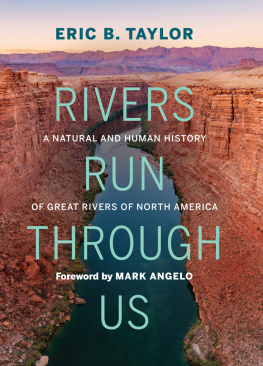
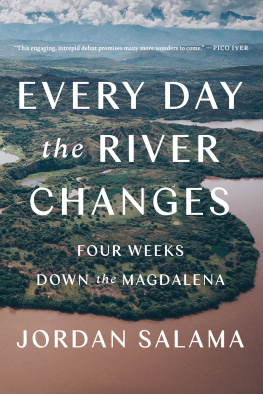
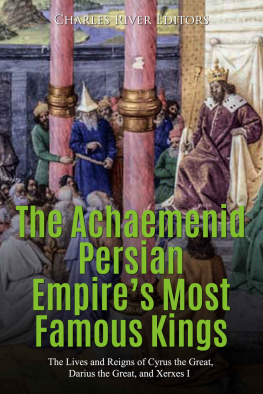
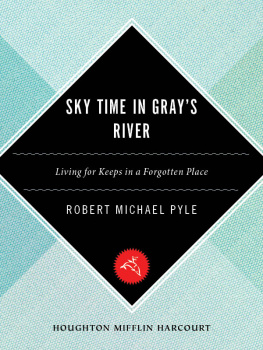
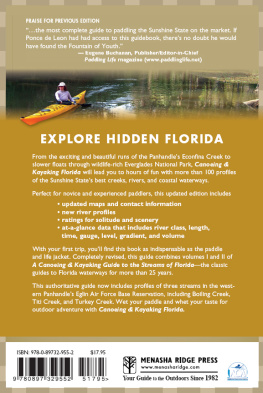
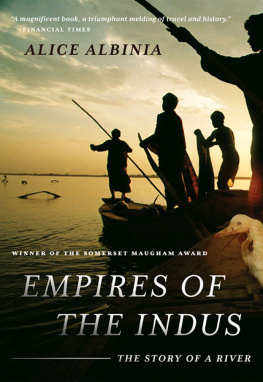
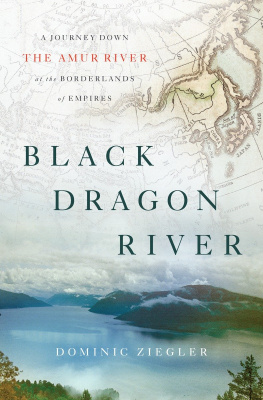


 as sh as in shower
as sh as in shower is silent but denotes a lengthening of the preceding vowel
is silent but denotes a lengthening of the preceding vowel